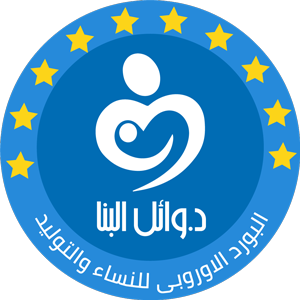Are there options for preserving fertility in women who have been newly diagnosed with cancer?
Yes! New technology lets your doctor remove and freeze eggs, fertilized eggs (embryos), or ovarian tissue before treating your cancer. This way, you may be able to have children after your treatment. This process is called cryopreservation or freezing. The kind of cancer you have determines what your options are.
The most common cancers in girls
and young women are Hodgkin or non-Hodgkin lymphoma, leukemia, thyroid cancer,
breast cancer, melanoma, or gynecologic cancers (cervix, uterus, or ovary).
Most of these cancers can be treated with chemotherapy, radiation, or a
combination of both.
Several factors determine if you are infertile after treatment. These factors
include how old you are, the dose and the location of the radiation, and what
kind of chemotherapy drugs they give you. Chemotherapy is effective in treating
many cancers, but it can cause infertility by harming or decreasing the number
of eggs.
Embryo cryopreservation
Embryo cryopreservation is the most common way of preserving your ability to get pregnant in the future. You must undergo a procedure called in vitro fertilization (IVF). In IVF, you will be given hormones to stimulate the ovaries to produce a number of eggs. Once they are developed, the eggs will be removed by gentle suction. Embryos are created in the laboratory by joining together the sperm and the egg. The fertilized eggs or embryos are then frozen. You may even choose to perform genetic testing on the embryos prior to freezing them (called PGD or preimplantation genetic diagnosis). PGD may be used to test for a specific genetic disorder (for instance, to check for BRCA gene in a woman with breast cancer). If you decide you want to have children after your cancer treatment is complete, one or two embryos can be placed in your uterus (womb) with or without the help of medications.
Not everyone can have this
procedure .
You’ll have to take medications that make you produce more eggs than usual. In
total, the process may take 2 to 3 weeks to complete. Unfortunately, if you
need chemotherapy or radiation treatment for your cancer, you may not be able
to wait that long. The medications that make your body produce more eggs may
also make your body produce more hormones, such as estrogen. Estrogen can make
some cancers worse.
